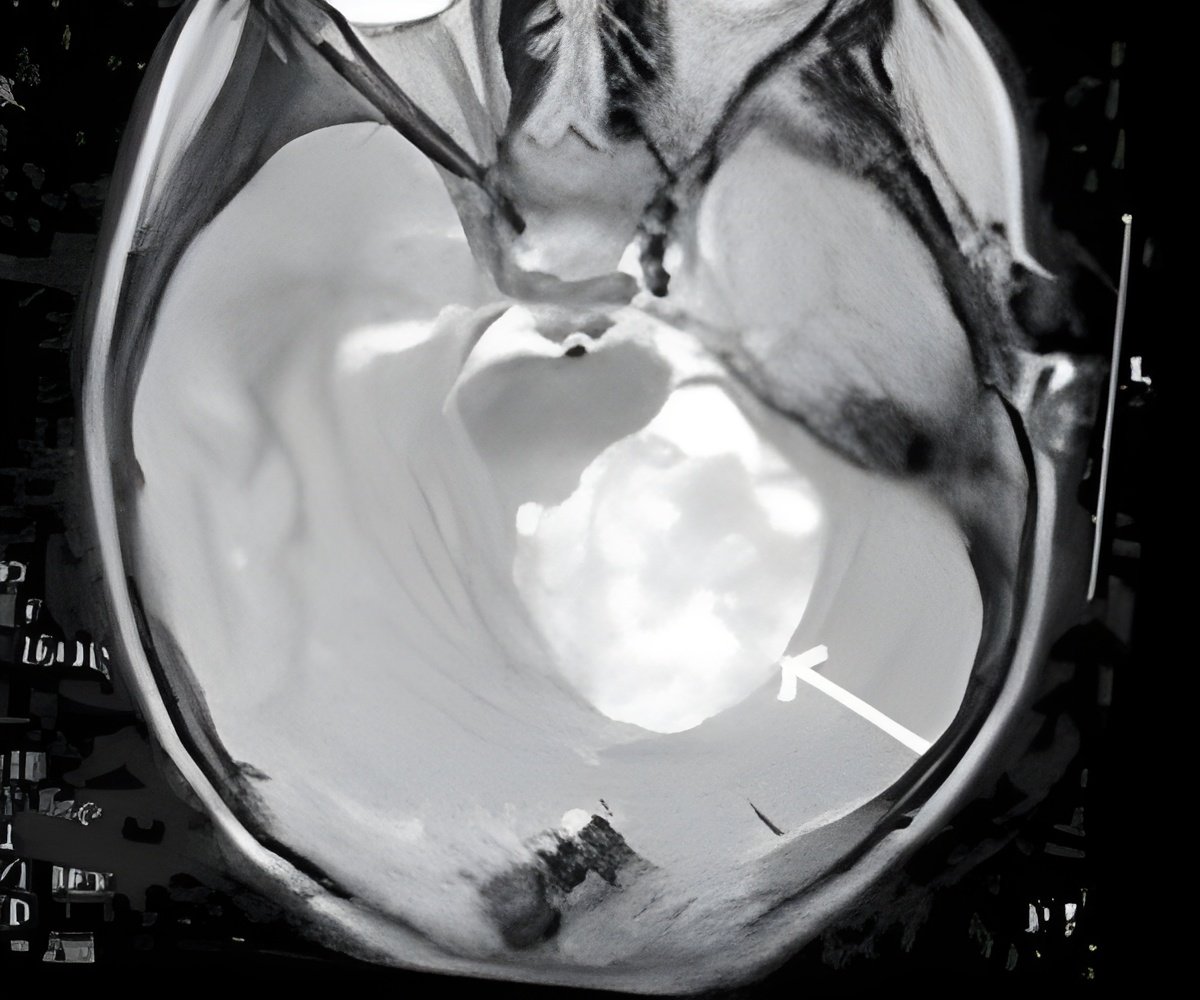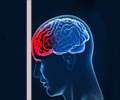Chronic traumatic encephalopathy (CTE), is a brain disease linked with repeat brain trauma including concussions in athletes. A new study reveals that it may affect them adversely.

CTE has been found in amateur and professional athletes, members of the military and others who experienced repeated head injuries, including concussions and subconcussive trauma.
F9or the study, study author Robert A. Stern, PhD, a professor of neurology and neurosurgery at Boston University School of Medicine, and his team examined the brains of 36 male athletes, ages 17 to 98, diagnosed with CTE after death, and who had no other brain disease, like Alzheimer's.
The majority of the athletes had played amateur or professional football, with the rest participating in hockey, wrestling or boxing.
The participants' family members were interviewed about the athletes' life and medical history, specifically dementia, changes in thinking, memory, behavior, mood, motor skills or ability to carry out daily living tasks. Researchers also reviewed the athletes' medical records.
A total of 22 of the athletes had behaviour and mood problems as their first symptoms of CTE, while 11 had memory and thinking problems as their first symptoms.
Advertisement
Those with behaviour and mood problems experienced symptoms at a younger age, with the first symptom appearing at an average age of 35, compared to an average age of 59 for those with memory and thinking problems.
Advertisement
The group that experienced mood symptoms was more explosive, out of control, physically and verbally violent and depressed than the group that experienced memory and thinking deficits, with family members reporting that 73 percent of those in the first group were "explosive," compared to 27 percent in the second group.
A total of 64 percent of the first group were described as being "out of control," compared to 27 percent of the second group, and 68 percent were physically violent, compared to 18 percent.
A total of 74 percent were verbally violent, compared to 18 percent. And 86 percent had depression, compared to 18 percent of those with memory symptoms.
The study has been published online in Neurology.
Source-ANI











